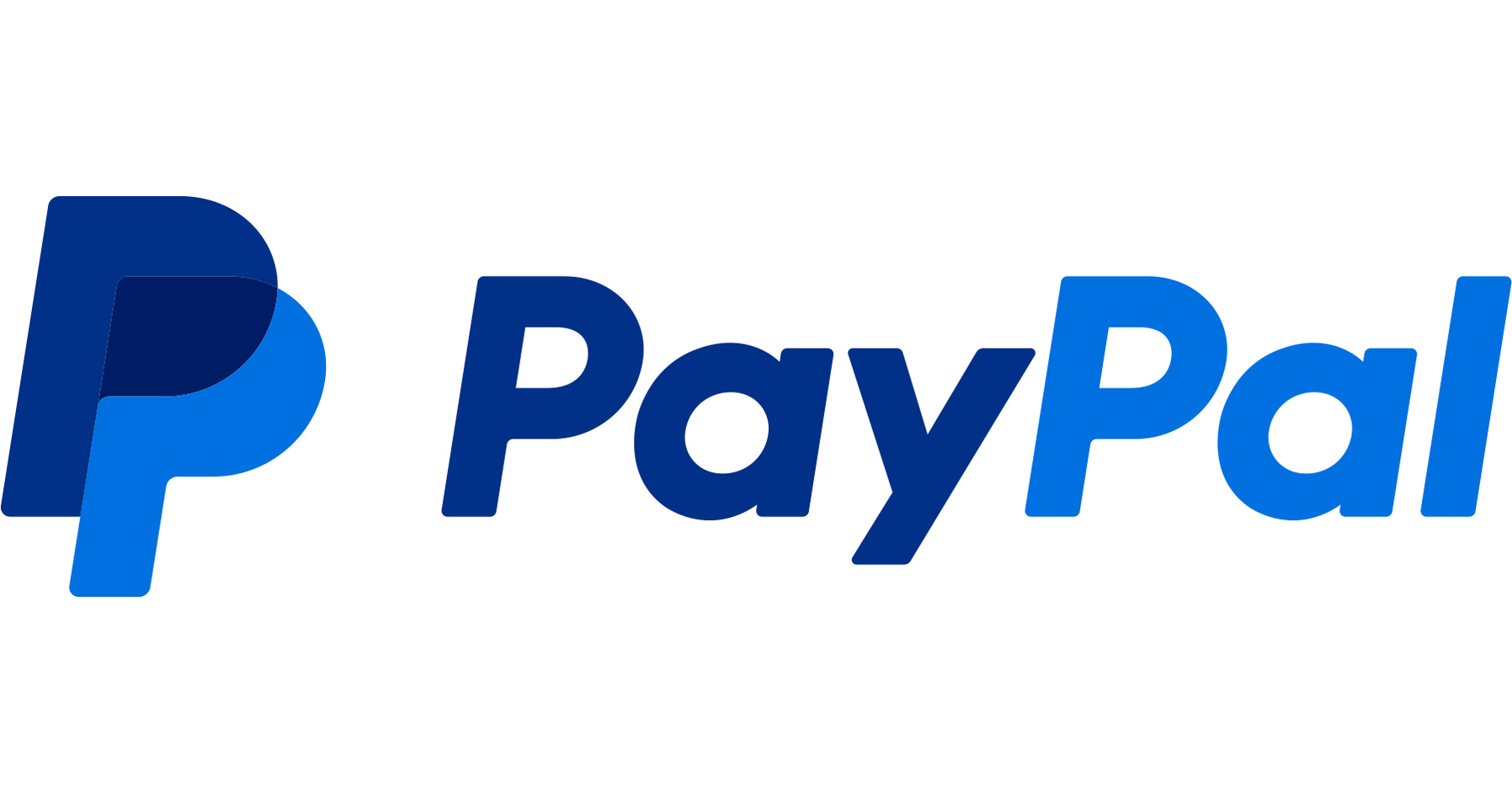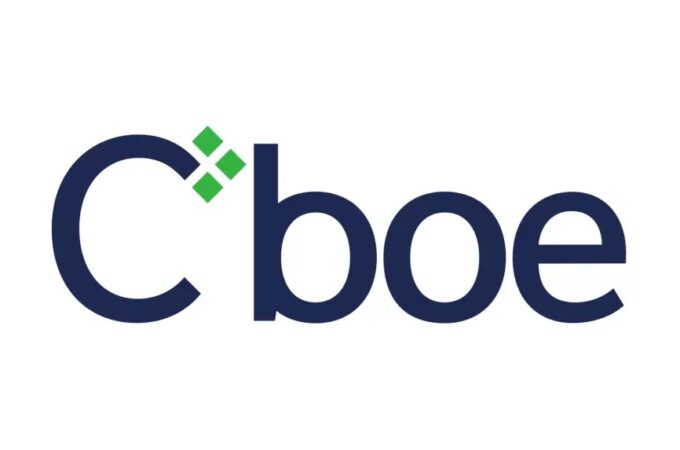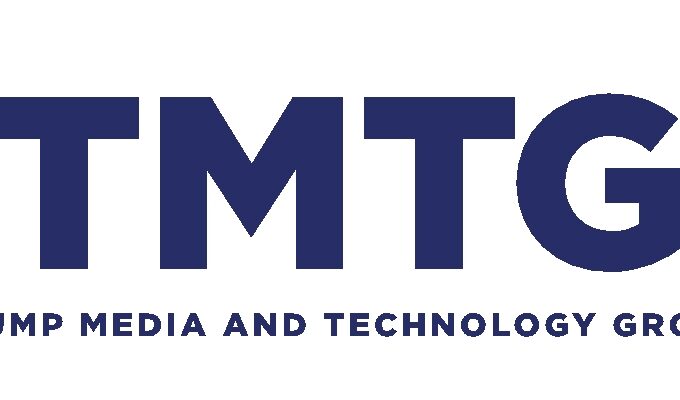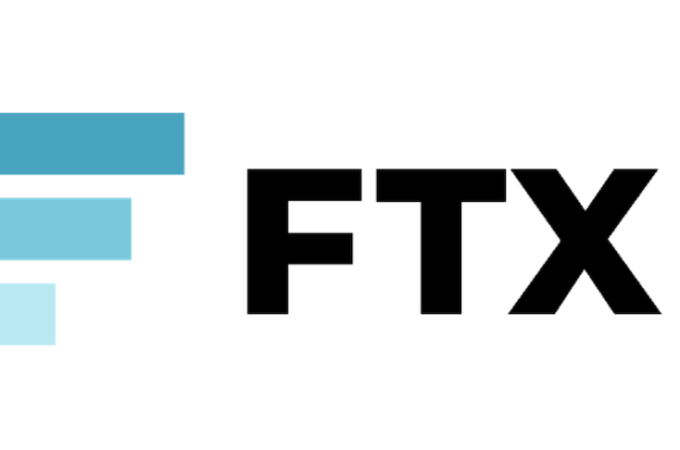
PayPal Broadens Crypto Access, Enables Trading for US Business Accounts
In a significant move to expand its cryptocurrency offerings, PayPal Holdings, Inc. announced on September 25, 2024, that it will allow U.S. merchants to buy, hold, and sell cryptocurrency directly from their PayPal business accounts. This development marks another step in PayPal’s ongoing efforts to integrate digital assets into its payment ecosystem and increase cryptocurrency’s utility for millions of merchants across the United States.
The new functionality, which will be available to all U.S. merchants except those in New York State at launch, builds upon PayPal’s 2020 initiative that enabled individual retail customers to engage with cryptocurrencies through their PayPal and Venmo accounts. Jose Fernandez da Ponte, Senior Vice President of Blockchain, Cryptocurrency, and Digital Currencies at PayPal, explained the motivation behind this expansion: “Business owners have increasingly expressed a desire for the same cryptocurrency capabilities available to consumers. We’re excited to meet that demand by delivering this new offering, empowering them to engage with digital currencies effortlessly.”
In addition to buying, holding, and selling cryptocurrencies, PayPal is also enabling U.S. merchants to externally transfer supported cryptocurrency tokens to and from third-party eligible wallets. This feature allows businesses to send and receive digital assets on blockchain networks, potentially opening up new avenues for transactions and financial management.
The move comes as part of PayPal’s broader strategy to position itself at the forefront of the digital currency revolution. In August 2023, the company launched its own stablecoin, PayPal USD (PYUSD), which is fully backed by U.S. dollar deposits, U.S. Treasuries, and similar cash equivalents. PYUSD has since grown to a market capitalization of over $1 billion, although it still trails behind major stablecoins like Tether (USDT) and USD Coin (USDC).
PayPal’s crypto initiatives have seen significant developments in recent months. The company expanded PYUSD to the Solana network in May 2024, citing Solana’s lower transaction costs as a way to encourage the use of PYUSD for smaller purchases. This expansion resulted in a substantial increase in PYUSD’s weekly transaction volume, jumping from $150 million to over $500 million.
As cryptocurrency continues to gain mainstream acceptance, PayPal’s latest move reflects the growing demand for digital asset services in the business sector. By enabling merchants to directly engage with cryptocurrencies, PayPal is positioning itself as a bridge between traditional finance and the evolving world of digital currencies.
However, the expansion of these services also raises questions about regulatory compliance and the potential impact on the broader financial ecosystem. As PayPal continues to integrate cryptocurrencies into its platform, industry observers will be watching closely to see how this affects adoption rates, transaction volumes, and the overall landscape of digital payments.





